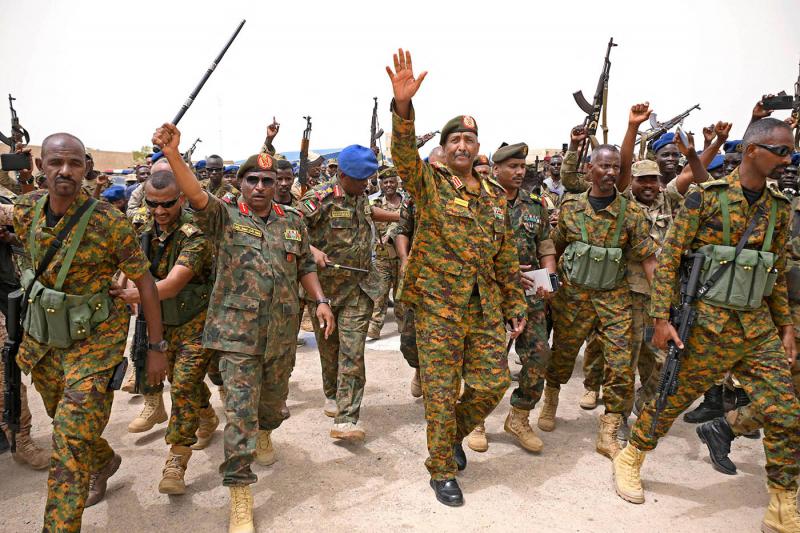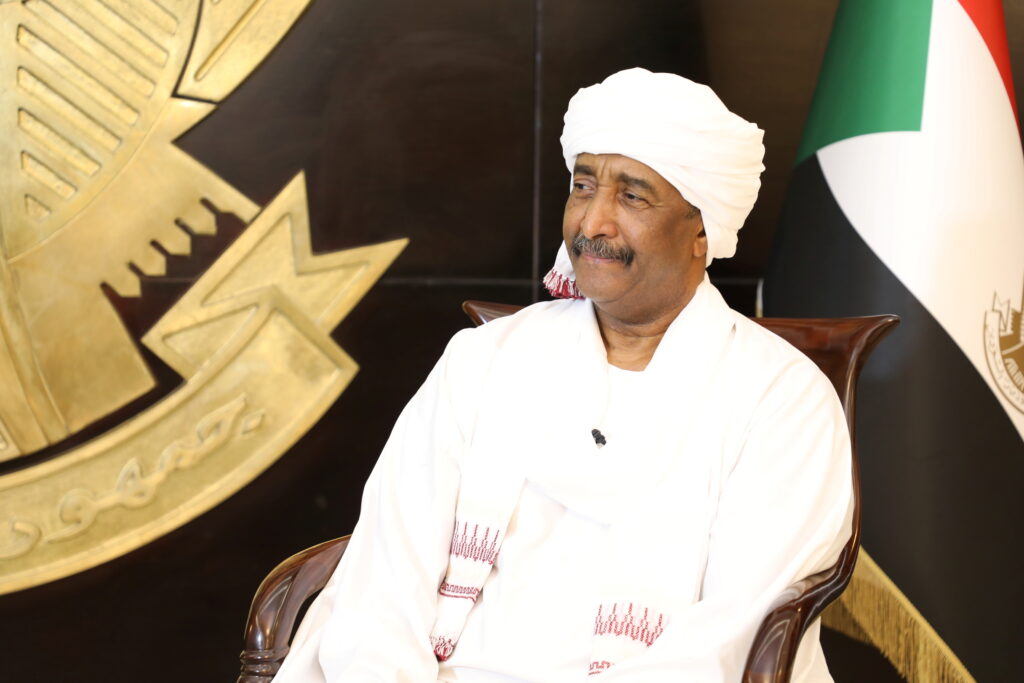
Sudan’s Islamist movement is showing signs of a comeback, exploiting the country’s political vacuum and regional rivalries, with Qatar playing a potentially decisive role in reshaping the landscape.
After the fall of their regime, Sudan’s Islamists found themselves sidelined but never disappeared. Instead of relying on formal political parties, they shifted to youth groups, civil society associations, and intellectual circles to repackage their ideology in a modernized form that could appeal to the street.
Qatar’s shadow role
Amid Sudan’s turmoil, questions are growing about Qatar’s hand in the crisis and whether it is paving the way for the return of the Islamists, locally known as “the kizan.” Multiple sources confirmed that the jet which flew General Abdel Fattah al-Burhan to Switzerland—where he quietly met U.S. envoy to Africa, Massad Boulos—was Qatari. The meeting, kept out of the spotlight, coincided with heightened speculation about U.S.-Qatari coordination on Sudan.
Media campaign and Colombian narrative
Soon after the meeting, Qatar’s Al Jazeera aired a video claiming Colombian fighters were fighting alongside the Rapid Support Forces (RSF) in El Fasher. The footage was presented as fact, without the cautious language usually employed in unverified reporting. The timing raised suspicions that the media release was part of a coordinated political and diplomatic maneuver—especially if Burhan’s Swiss talks yielded outcomes unfavorable to Doha’s allies.
Qatar, the Brotherhood, and international pressure
Doha has long been one of the Muslim Brotherhood’s most loyal backers across the Arab and Islamic world, while many states have banned or outlawed the group. Analysts suggest Qatar may now be working to grant Sudanese Islamists a “political lifeline” by rebranding them with a new face. Yet this strategy could soon collide with Washington’s push to classify the Brotherhood as a global terrorist organization, potentially forcing Qatar to recalibrate its approach.
Signs of alliances
Observers note that Sudan’s Islamist movement is no longer operating alone, but is forging new alliances with political and military actors—even those with conflicting ideologies—in order to claw back into relevance. Under the banner of the so-called “Karama War,” Islamist networks have been adept at quickly amplifying messages and mobilizing narratives across the population, sometimes openly, other times covertly.
Whether this alignment of diplomatic meetings, Qatari jets, and Al Jazeera’s escalated coverage reflects a deliberate strategy to rehabilitate the Islamists—or merely coincidence—remains uncertain. But the signs point to a multi-layered Qatari effort, blending political, media, and diplomatic tools to reshape Sudan’s balance of power and potentially restore the kizan to the political stage under a new guise.



